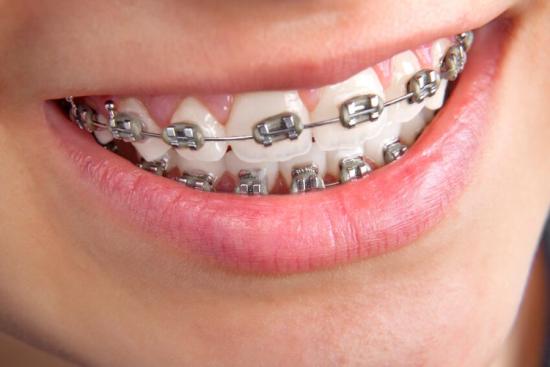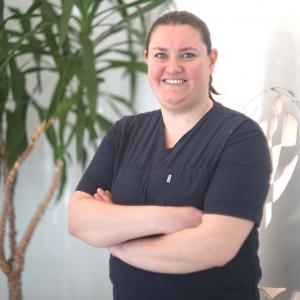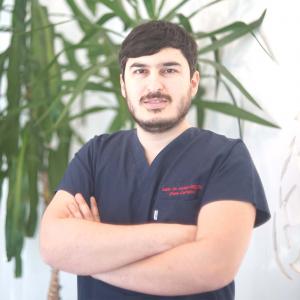Correct tooth alignment, improve chewing, prevent gum disease or restore a balanced smile... Wearing braces is about much more than appearance. It's an essential investment in oral health and daily well-being.
Whether for functional reasons or to boost confidence, orthodontics can help restore overall balance in the mouth and avoid many long-term complications.
And remember, the earlier you start treatment, the faster and more effective it is!
Risks and Side Effects
- Canker sores
- Pain
- Eating difficulties
Braces for Teeth Straightening in Turkey: Cost & Reviews
Orthodontic appliances in Turkey cost much less than elsewhere in the world. The price of dental appliances with our partner clinics starts at $1,600. Do not hesitate to send us your request for a free quote. Our team is committed to providing you with the best prices for your orthodontic appliances in Istanbul, Ankara, Izmir and Antalya, Turkey.
With Turquie Santé, you have the guarantee of dental care and the materials used. You can read verified reviews from our patients before making your final decision.









